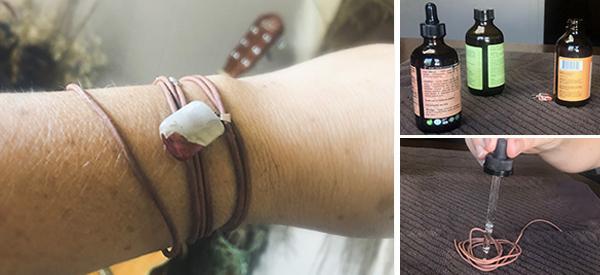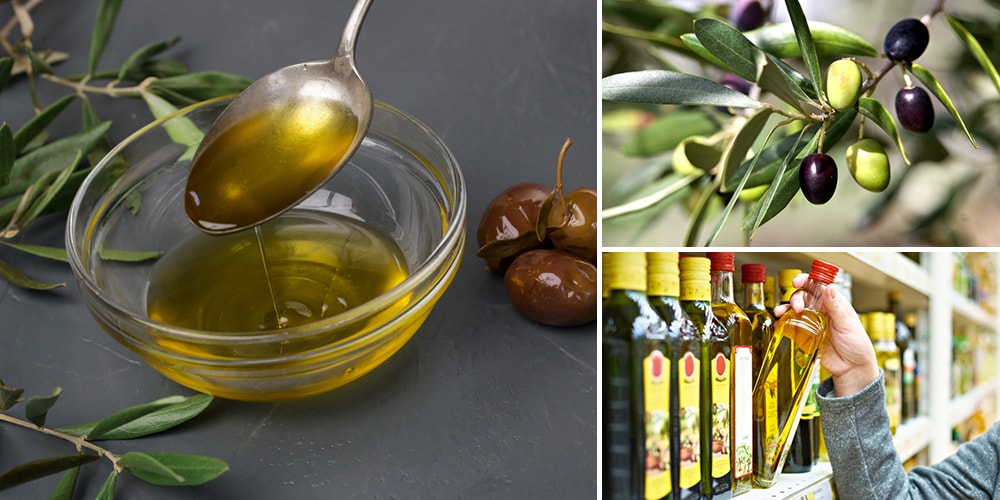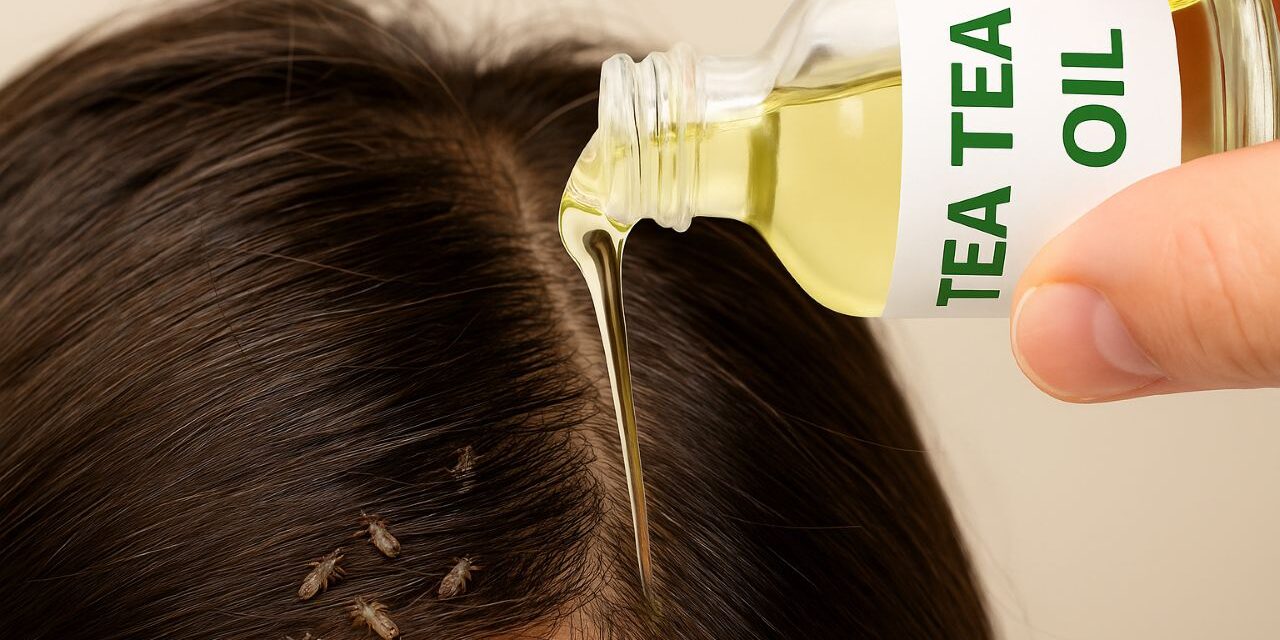
Can Tea Tree Oil Kill Head Lice?
The battle against head lice has been fought for centuries—with combs, oils, powders, and patience. But as concerns grow over chemical-laden treatments and pesticide resistance, many are turning back to the wisdom of nature. One remedy that keeps surfacing in both tradition and science is tea tree oil.
Parents today are often overwhelmed by the sheer number of lice treatments on the market, many of which are filled with harsh synthetic ingredients. Tea tree oil offers a plant-based alternative that fits naturally into a holistic home remedy approach, often paired with essential hygiene practices and mindful routines.
 What Is Tea Tree Oil?
What Is Tea Tree Oil?
Tea tree oil is extracted from the leaves of the Melaleuca alternifolia tree, native to Australia. It’s long been prized for its antimicrobial, antifungal, and insecticidal properties.
Unlike pharmaceutical treatments, tea tree oil brings a broader range of benefits—it helps soothe irritated skin, reduce inflammation, and promote a clean scalp environment, which may also discourage future infestations. Its versatility in natural medicine cabinets is part of why it remains so trusted.
Can Tea Tree Oil Kill Lice?
The Short Answer: It can help—but it’s not a silver bullet.
Several studies have shown that tea tree oil may indeed be toxic to head lice and their eggs (nits), especially when used at proper concentrations. Tea tree oil has been used for centuries for its antibacterial, antifungal, and insecticidal properties. Tea tree oil appears to be able to kill some live lice when used in conjunction with other oils, like lavender oil.
Still, effectiveness can vary depending on the formulation and method of application. Tea tree oil works best when part of a consistent lice-removal strategy that includes thorough combing, hygiene routines, and reapplication as needed. Natural remedies take diligence—but offer long-term, gentle support.
The active compound in tea tree oil, terpinen-4-ol, is believed to disrupt the nervous system of lice, leading to paralysis and death.
How Tea Tree Oil Works As Lice Treatment
Tea tree oil contains compounds like terpinen-4-ol and cineole, which appear to:
- Suffocate lice by disrupting their respiratory system.
- Penetrate and weaken lice eggs, reducing the likelihood of hatching.
- Act as a repellent, deterring lice from reinfesting the scalp.
What makes tea tree oil especially interesting is its dual ability to both repel and combat lice. While some treatments only kill active infestations, tea tree oil helps create an environment that lice avoid—offering both a solution and a natural line of defense.
Tea tree oil is less effective at killing lice eggs compared to live lice. This limitation is important to understand because lice eggs, or nits, are securely attached to the hair shaft with a strong, glue-like substance that protects them from many treatments. While tea tree oil’s active compounds can penetrate and weaken some eggs, it does not reliably dissolve this protective coating, meaning many eggs can survive treatment and hatch later, leading to reinfestation.
Because of this, treating lice effectively requires a multi-step approach. Manual removal of nits with a fine-toothed lice comb is essential to complement the insecticidal action of tea tree oil. Repeated treatments spaced over several days or weeks are often necessary to catch newly hatched lice before they mature and lay more eggs.
Some studies suggest that combining tea tree oil with other essential oils, such as lavender oil, may improve ovicidal (egg-killing) activity, enhancing overall treatment effectiveness. However, even with combinations, tea tree oil-based treatments tend to be more effective at killing adult lice than completely eliminating eggs.
Therefore, while tea tree oil is a valuable natural remedy in the fight against head lice, it should be used as part of a comprehensive lice management plan that includes regular combing, cleaning of personal items, and monitoring for reinfestation to ensure complete eradication.
 How to Use Tea Tree Oil for Lice
How to Use Tea Tree Oil for Lice
If you’re considering tea tree oil for lice treatment, here are a few safe methods. Also, you could make your own tea tree oil with the recipe HERE.
1. Diluted Scalp Treatment
Mix:
- 1 teaspoon of carrier oil (like coconut or olive oil)
- 5–10 drops of tea tree essential oil
Massage into the scalp, cover with a shower cap, and leave on for at least 30–60 minutes before rinsing and combing with a lice comb.
This method works best when done repeatedly over several days. Combing afterward is essential to remove dead lice and eggs, and consistency is key—lice eggs hatch in cycles, so a single treatment is rarely enough.
2. Tea Tree Lice-Repelling Shampoo
Add a few drops of tea tree oil to your favorite mild shampoo. Use daily during a lice outbreak at home or school.
For extra benefit, let the shampoo sit on the scalp for a few minutes before rinsing. Over time, regular use may help reduce the risk of re-infestation by creating an unwelcoming environment for lice.
3. Lice Prevention Spray
Combine:
- 1 cup of water
- 10–15 drops of tea tree oil
- A splash of witch hazel or white vinegar (optional)
Spray on hair and hats before school or activities. This helps repel new lice from hopping aboard.
This simple spray can be made in bulk and used as a daily preventive during high-risk times, such as outbreaks in classrooms or summer camps. It’s a gentle, effective way to stay proactive without using chemicals.
Important Note: Tea tree oil should never be used undiluted on the skin, especially for children. Always perform a patch test first. Tea tree oil is toxic when swallowed and can cause drowsiness, disorientation, rash, and loss of muscle control.
Final Thoughts
Can tea tree oil kill head lice? Yes, in many cases it can—especially when used consistently and in combination with traditional lice removal techniques like combing. Natural remedies face fewer regulatory requirements than conventional medications, leading to variability in product effectiveness.
While not a cure-all, tea tree oil stands as a valuable tool in natural wellness—supporting both physical care and peace of mind. It’s an invitation to return to nature’s pharmacy, where simpler ingredients often deliver powerful results without harsh side effects.
You May Also Like:
How to Make Rosemary Water for Hair
How to Recognize a Heart Attack and What to Do Next (Video)

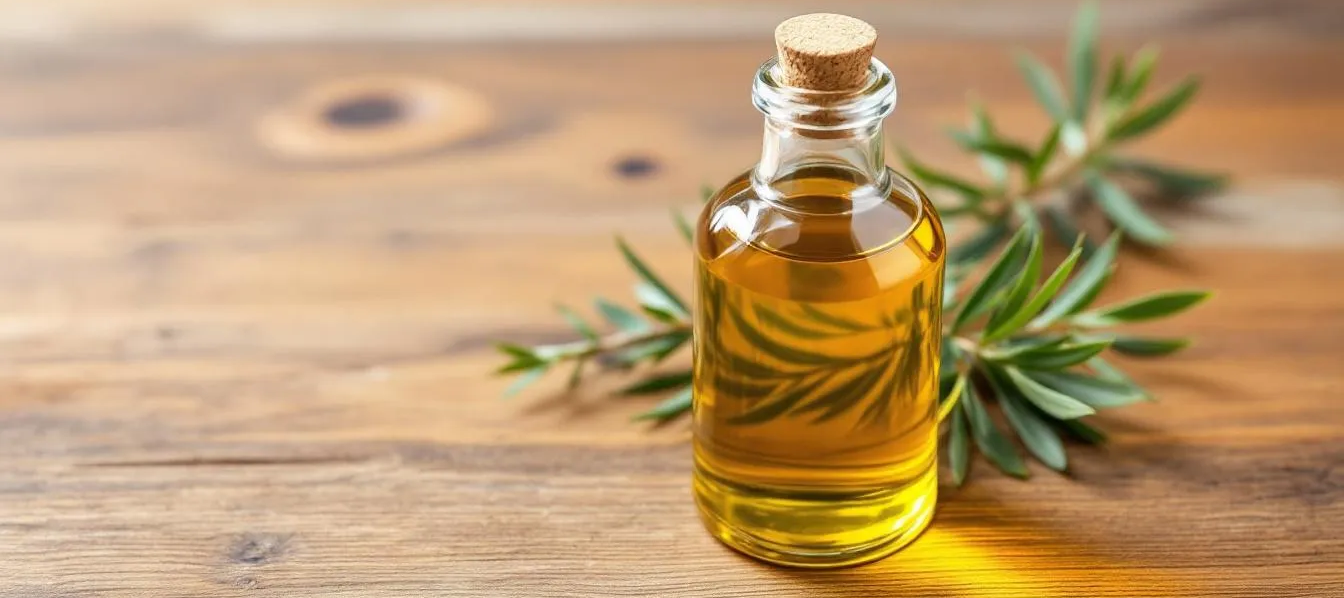 What Is Tea Tree Oil?
What Is Tea Tree Oil?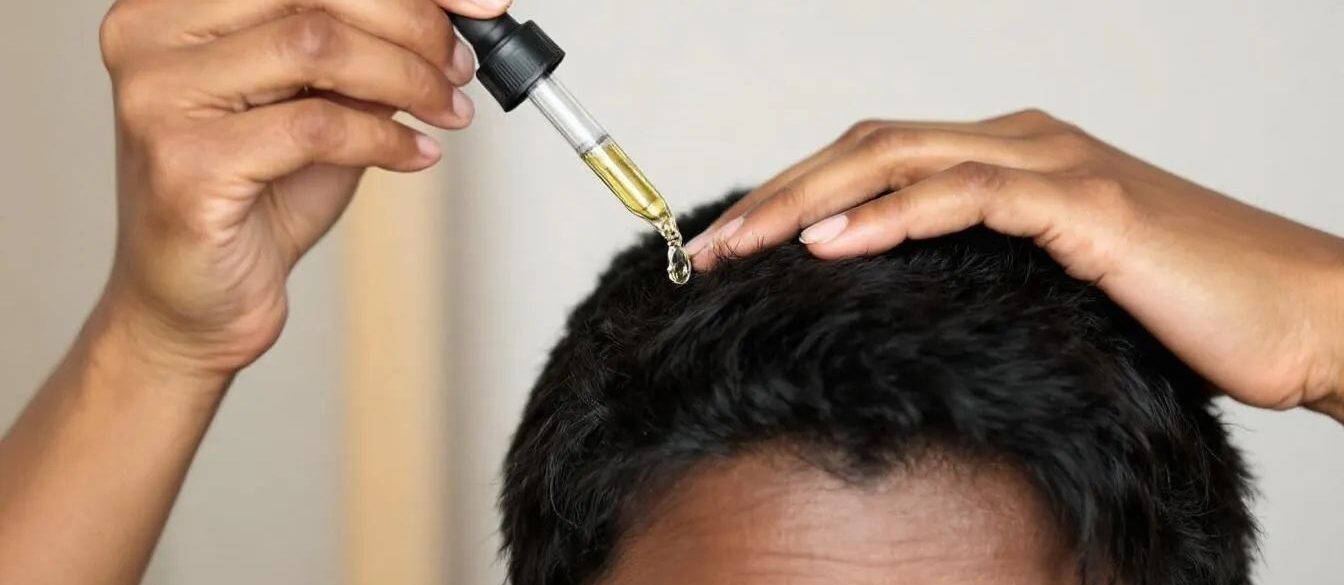 How to Use Tea Tree Oil for Lice
How to Use Tea Tree Oil for Lice
